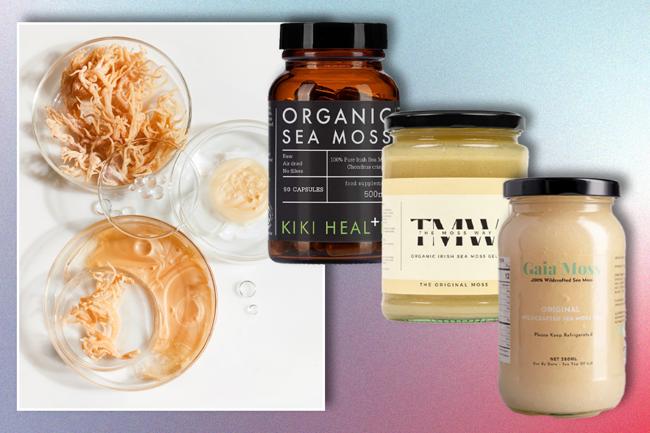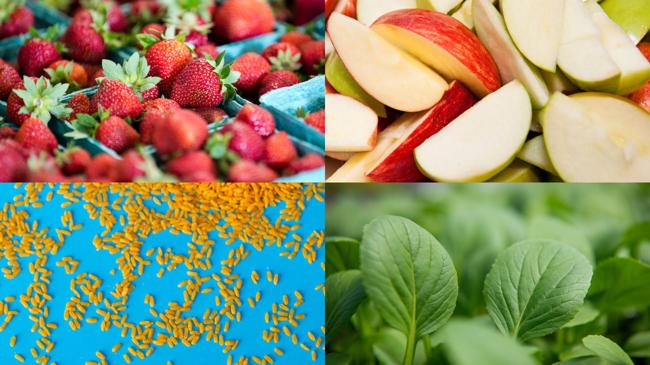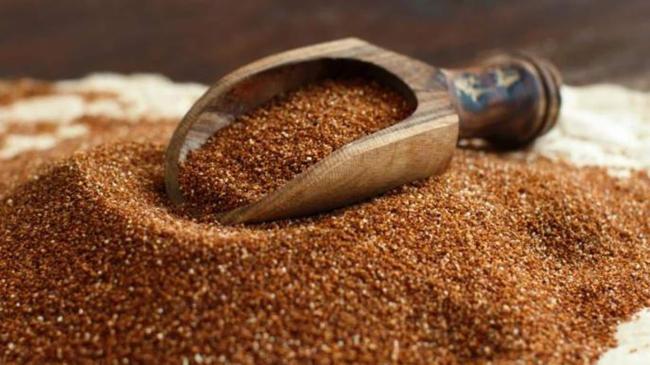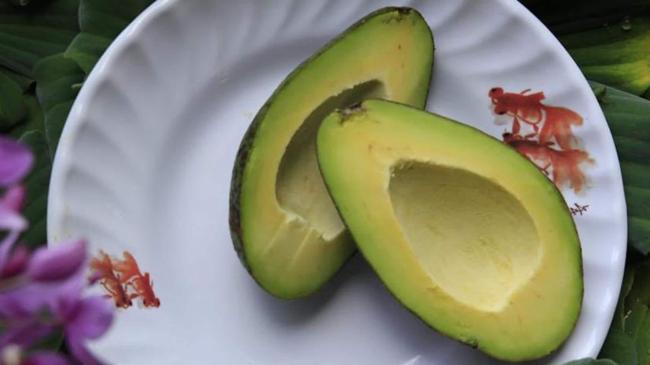Summary
Nutritional therapist and founder of Nourishful Nutrition, Maz Packham explains: Sea moss is a type of seaweed thats packed with antioxidants, vitamins and minerals and, like other sea vegetables, its a good source of iodine, zinc and minerals like calcium, magnesium and potassium.
Source: The Independent on MSN.com

AI News Q&A (Free Content)
Q1: What is sea moss, and what makes it a notable nutritional ingredient?
A1: Sea moss, also known as Chondrus crispus or Irish moss, is a type of red algae that grows along the Atlantic coasts of Europe and North America. It is highly valued for its nutritional profile, containing significant amounts of antioxidants, vitamins, and minerals such as iodine, sulfur, calcium, magnesium, potassium, and protein. Its main polysaccharide constituent, carrageenan, makes up about 55% of its dry weight, contributing both to its texture and nutritional benefits.
Q2: How does sea moss support human nutrition, according to recent expert guidelines and scientific studies?
A2: Recent studies and nutritional guidelines highlight that sea moss provides key minerals, including iodine and zinc, which are essential for thyroid function and immune health. It also offers dietary fiber and plant-derived proteins. Scientific reviews emphasize sea moss’s role in supporting metabolic health, maintaining electrolyte balance, and potentially aiding digestion due to its mucilaginous properties. However, regulatory bodies such as the FDA recommend moderation, as excessive iodine intake from seaweed may pose health risks.
Q3: What are the potential health risks associated with sea moss consumption, and what do regulatory agencies say?
A3: While sea moss can be a valuable source of nutrients, overconsumption can lead to excessive intake of iodine, which may cause thyroid dysfunction. Regulatory agencies, including the FDA and EFSA, caution consumers to monitor seaweed supplement intake and be aware of possible contaminants like heavy metals. Current guidance encourages sourcing sea moss from reputable suppliers and adhering to recommended serving sizes.
Q4: How is sea moss typically consumed, and what popular products incorporate it for nutritional benefits?
A4: Sea moss is commonly consumed as a gel, powder, or in capsules. Its gelatinous quality makes it popular in smoothies, beverages, and as a thickening agent in recipes. In Jamaica, Irish moss is used as a base for a traditional drink made with milk, sugar, and spices. Commercial products also include sea moss in nutritional supplements and plant-based foods due to its functional properties and mineral content.
Q5: What does recent research say about the effectiveness of sea moss as a dietary supplement for balanced nutrition?
A5: Recent scholarly reviews indicate that sea moss supplements can contribute to a balanced diet by providing minerals and fiber not always present in typical diets. However, researchers note that nutrient composition can vary based on species, harvest location, and processing. Studies call for further investigation into the bioavailability of sea moss nutrients in humans and recommend integrating it as part of a varied and balanced diet rather than as a sole source of nutrition. (Source: 'Co-benefits of Agricultural Diversification and Technology for Food and Nutrition Security in China', 2024)
Q6: How do the nutritional benefits of sea moss compare to other sea vegetables, based on recent scholarly articles?
A6: A comparison of sea moss with other sea vegetables, such as Kappaphycus alvarezii, shows that while all are rich in minerals and polysaccharides, sea moss (Chondrus crispus) is particularly noted for its high iodine and carrageenan content. Both types are valued for their role in food security and nutrition, but species and farming methods impact nutrient levels. Recent research underscores the importance of diversifying sea vegetable intake to optimize nutritional benefits. (Source: 'Co-benefits of Agricultural Diversification and Technology for Food and Nutrition Security in China', 2024)
Q7: What guidelines do nutrition experts provide for integrating sea moss into daily diets for different age groups?
A7: Nutrition experts recommend that adults can safely include small amounts (1–2 tablespoons of gel or 500–1000 mg in supplement form) of sea moss daily, ensuring total iodine intake stays within recommended limits (150 mcg/day for adults, with lower amounts for children). For children and pregnant women, particular caution is advised due to sensitivity to iodine and potential contaminants. As with all supplements, integration into the diet should follow evidence-based nutrition guidelines and be supervised by a healthcare provider.
References:
- Chondrus crispus - https://en.wikipedia.org/wiki/Chondrus_crispus
- Irish moss (drink) - https://en.wikipedia.org/wiki/Irish_moss_(drink)
- Kappaphycus alvarezii - https://en.wikipedia.org/wiki/Kappaphycus_alvarezii





